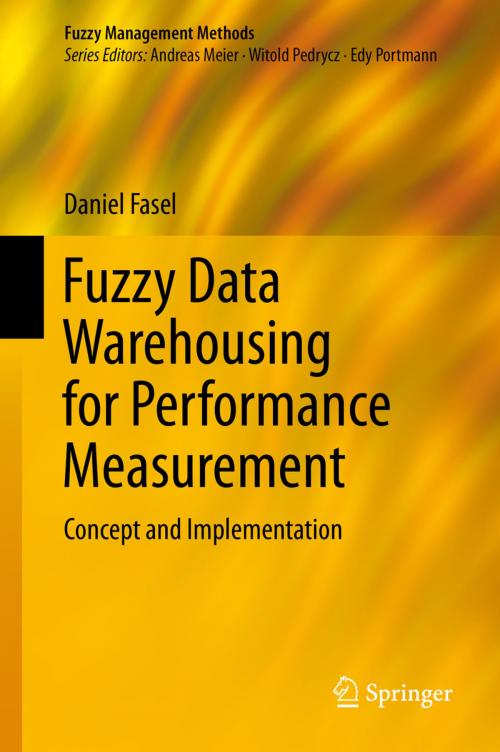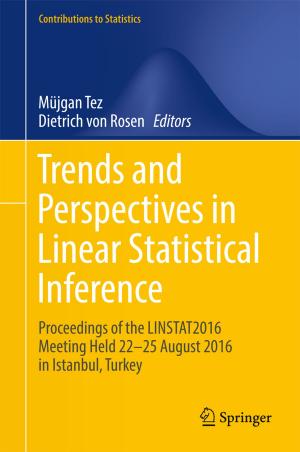Fuzzy Data Warehousing for Performance Measurement
Concept and Implementation
Business & Finance, Industries & Professions, Information Management, Nonfiction, Computers, Internet| Author: | Daniel Fasel | ISBN: | 9783319042268 |
| Publisher: | Springer International Publishing | Publication: | July 8, 2014 |
| Imprint: | Springer | Language: | English |
| Author: | Daniel Fasel |
| ISBN: | 9783319042268 |
| Publisher: | Springer International Publishing |
| Publication: | July 8, 2014 |
| Imprint: | Springer |
| Language: | English |
The numeric values retrieved from a data warehouse may be difficult for business users to interpret, and may even be interpreted incorrectly. Therefore, in order to better understand numeric values, business users may require an interpretation in meaningful, non-numeric terms. However, if the transition between non-numeric terms is crisp, true values cannot be measured and a smooth transition between classes may no longer be possible. This book addresses this problem by presenting a fuzzy classification-based approach for a data warehouses. Moreover, it introduces a modeling approach for fuzzy data warehouses that makes it possible to integrate fuzzy linguistic variables in a meta-table structure. The essence of this structure is that fuzzy concepts can be integrated into the dimensions and facts of an existing classical data warehouse without affecting its core. This allows a simultaneous analysis, both fuzzy and crisp. A case study of a movie rental company underlines and exemplifies the proposed approach.
The numeric values retrieved from a data warehouse may be difficult for business users to interpret, and may even be interpreted incorrectly. Therefore, in order to better understand numeric values, business users may require an interpretation in meaningful, non-numeric terms. However, if the transition between non-numeric terms is crisp, true values cannot be measured and a smooth transition between classes may no longer be possible. This book addresses this problem by presenting a fuzzy classification-based approach for a data warehouses. Moreover, it introduces a modeling approach for fuzzy data warehouses that makes it possible to integrate fuzzy linguistic variables in a meta-table structure. The essence of this structure is that fuzzy concepts can be integrated into the dimensions and facts of an existing classical data warehouse without affecting its core. This allows a simultaneous analysis, both fuzzy and crisp. A case study of a movie rental company underlines and exemplifies the proposed approach.















